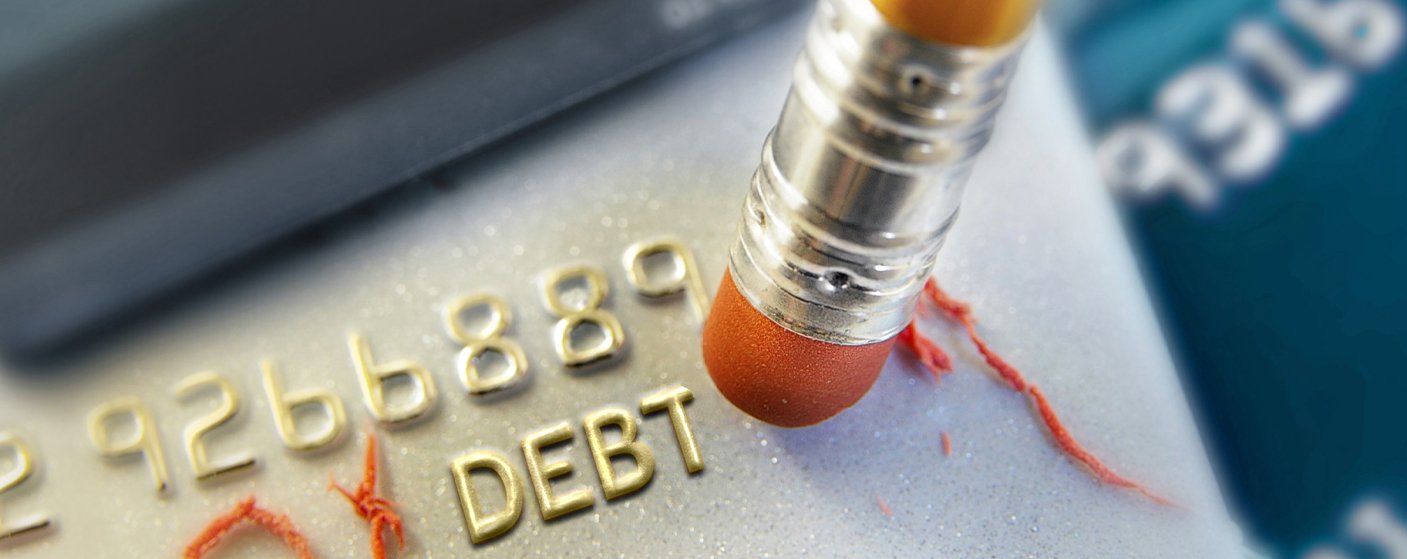Make Yourself Recession-Proof
Six Steps to Take NOW to Prepare Your Finances for a Recession
The first thing to know is that a recession, “a period of declining economic performance across an entire economy that lasts for several months,” is a normal part of the economic cycle. Since World War II, there’s been a recession about every five years, each lasting just under a year.
Recessions can cause rising unemployment, declines in stock values and other assets, and shrinking wages, so we’re certainly not dismissing the possibility of very real economic pain. But to paraphrase a famous British World War II slogan, “stay calm and read on.”
1. Be Invaluable at Work
Probably the toughest part of a recession is that people lose their jobs, with an even harder time finding a new one. So, if you don’t love your current job, or your opportunities are limited, or your current employer may need to downsize, begin networking immediately. Explore new job opportunities, and think about additional training or education to be competitive.
2. Lower Your Debt
Any excess debt is a financial albatross, especially during a recession. It can sabotage your personal finances by eliminating flexibility in your monthly budget. And as interest rates rise, it's going to get even more expensive. Start attacking that balance now, don't charge any more if you can possibly avoid it, and pay off the cards with the highest interest rate first.
3. Live within Your Means
In trying to “live the American dream,” many people end up living beyond their means, especially in long bull markets where we become used to extended periods of economic stability. As you work on your personal finances for a possible recession, consider reducing some big-ticket expenses like cars with high monthly payments in favor of less expensive options. Don’t necessarily compromise your lifestyle because you’re afraid of market activity, but it’s always a good idea to assess what you can afford during recession.
4. Identify Discretionary Expenses
Excess subscriptions for everything from multiple streaming services to health clubs, to cable or satellite TV, to expensive cell phone plans are all items you should consider cutting back on. Take a look at those expenses now and prioritize eliminations if you needed to tighten your belt for a while.
5. Save, Save, Save
Having a sufficient emergency fund will help you avoid having to sell stocks that have dropped in value to pay for unexpected expenses. A common rule of thumb is to save between 3-6 months’ worth of non-discretionary living expenses in an emergency fund. This includes expenses like mortgage or rent, utilities, insurance, groceries and transportation.
Park those funds in a 100% liquid account that is FDIC insured so you can access your money easily (and penalty-free) when you need it. And be careful! Yes, it’s nice to earn interest on your emergency fund, but your primary goal is to keep the money safe and liquid. Some accounts will have withdrawal limits, restrictions or even hidden bank fees.
6. Don’t Lose Sight of the Long-Term
While you reduce your debt and maintain your emergency savings fund, it’s also important to not lose sight of your long-term financial goals — especially saving for retirement. Therefore, you should try to continue making regular contributions to your retirement savings account even while you’re paying down debt.
It's easy to become alarmed by dropping stock market prices, but this isn’t the time to bail. By getting out now, you only insure your losses. In fact, while prices are down it may just be the ideal time to increase your holdings. Of course, be mindful that your investments stay balanced between stocks, bonds, and cash to fit your time frame for using the money and your tolerance for risk.
Conclusion
The bottom line is that it makes sense in times like these to practice some personal and financial examination. Taking a critical look at your finances now and following these steps will give you a leg up on making sure you’ll be in good shape when we come out of a recession.






